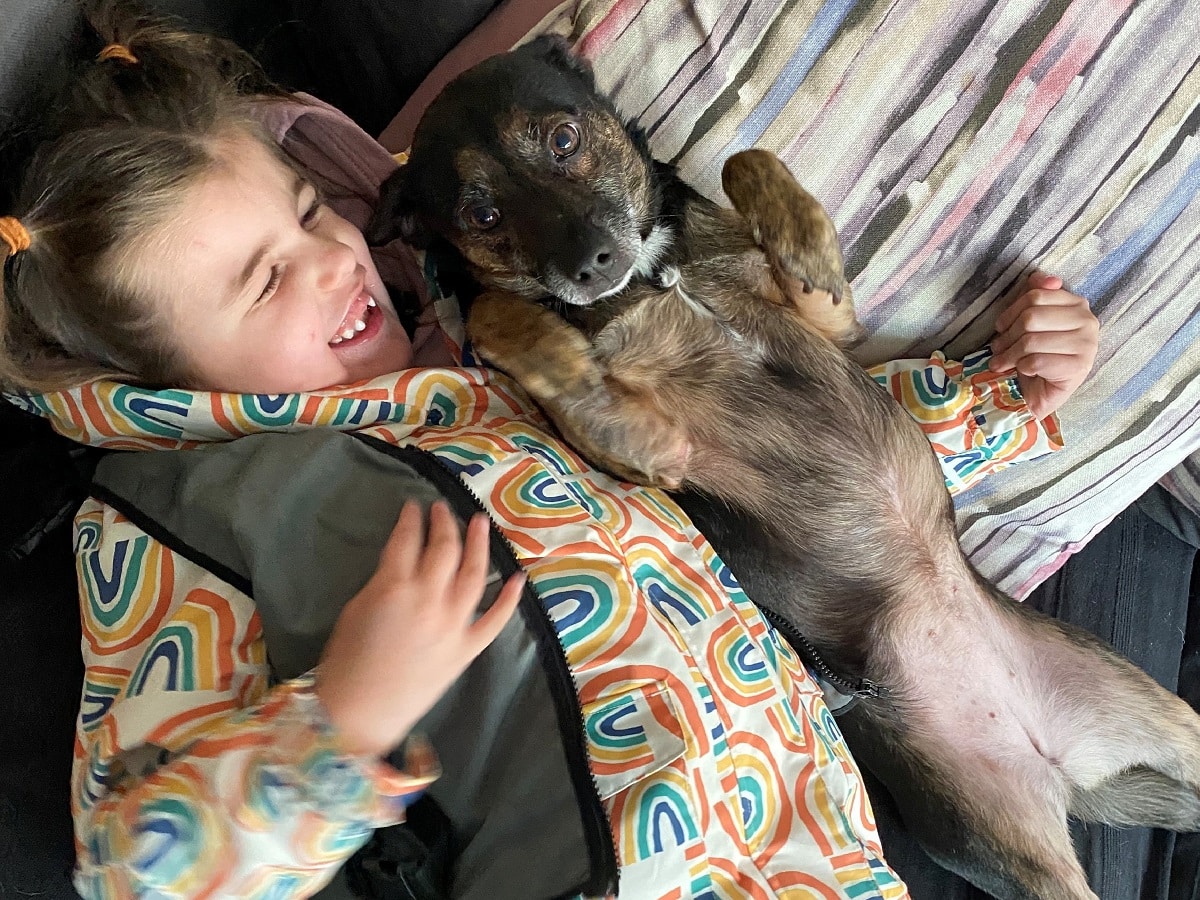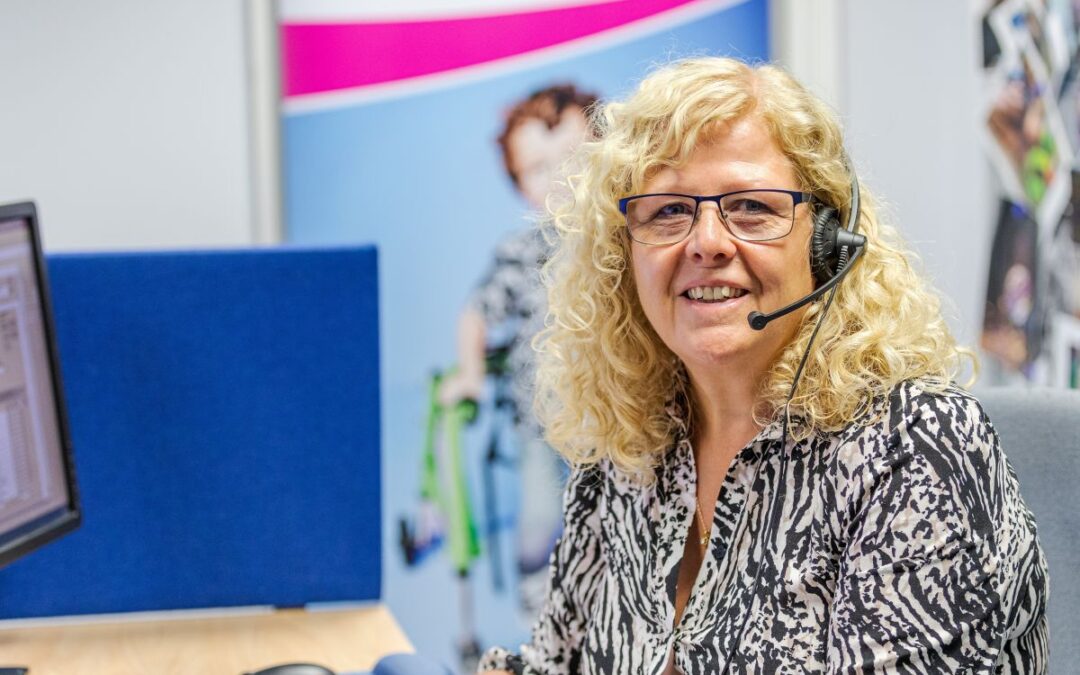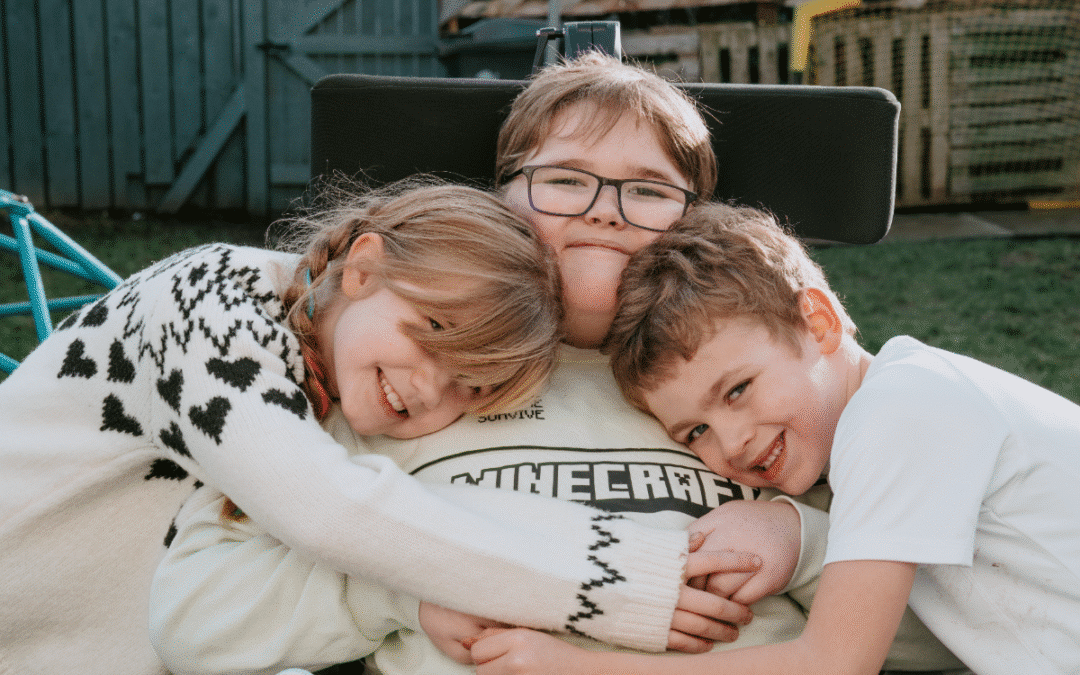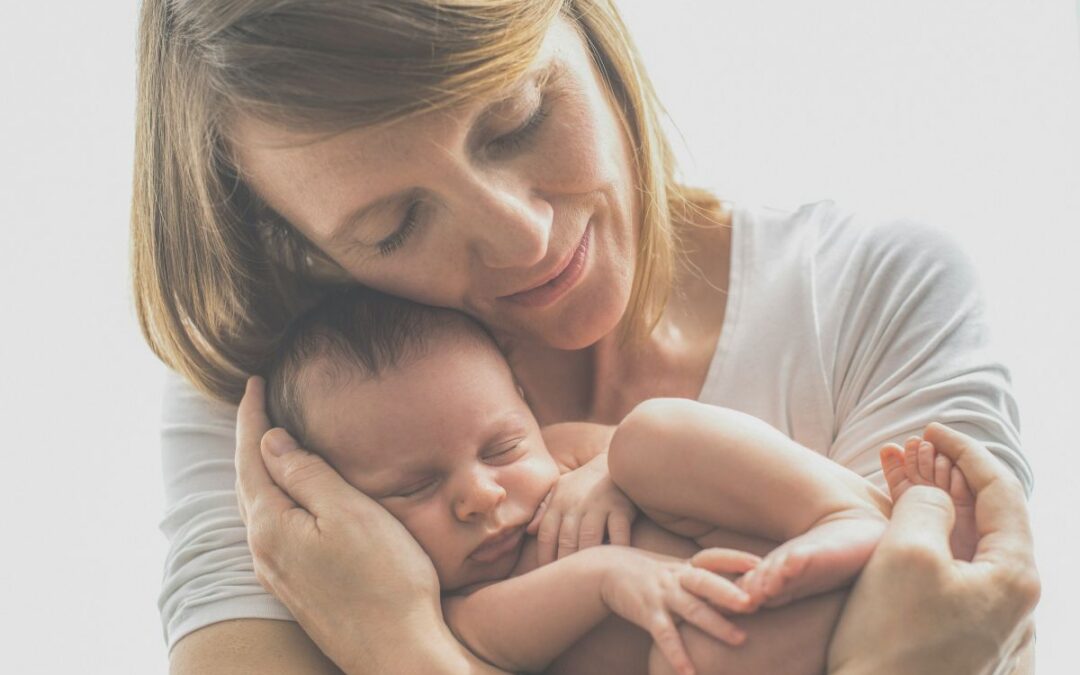
A disabled children’s charity has launched an appeal to fund a specialist buggy for an eight-year-old Lancashire girl who contracted meningitis as a baby, leaving her unable to walk or talk and having up to 30 seizures a day.
Eliza Young was just ten months old when she was diagnosed with meningitis on the first day of a holiday in Malta with parents Amy and Marc, which saw her need three brain surgeries and spend several weeks in a coma.
Doctors feared she would never open her eyes again due to eyelid damage from the disease, or have abilities beyond those of a new born, but Eliza defied expectations and opened her eyes six weeks later – and was stable enough to fly home three months after arriving.
Although Eliza can now laugh and cry, move her hands, crawl and even take a few steps if she’s held by an adult, she has also been left with drug resistant epilepsy which causes up to 30 seizures a day. Her muscles are weak, and she has no awareness of danger, so she can’t be left for a moment and needs specialist equipment to keep her safe and supported.
Eliza loves to be outside, and to people watch. But because her current buggy is no longer safe or provides enough support, she can no longer do this or go anywhere but to school and medical appointments. Now Newlife The Charity for Disabled Children is appealing for help to raise the £3,300 necessary for Eliza to have the buggy she urgently needs.
Mum, Amy, said: “Without a suitable buggy Eliza is stuck at home. The buggy we have is too small as she’s the size of a 10–11-year-old, and once managed to flip herself over in it, thankfully without injury and I was right there. It also isn’t supportive enough for her posture anymore, which could cause her spine to curve, the footplate is constantly falling off and it’s not comfortable enough for her to sleep in after she has a seizure.
“The only buggies available for Eliza through wheelchair services won’t meet her needs. One can’t be collapsed and is only suitable for a wheelchair accessible vehicle, which we don’t have and can’t afford, and the other wouldn’t support her enough to allow her to sleep after a seizure and is so big we can’t even fit it in our car.”
The buggy Eliza needs has an adjustable seat and lots of extra postural support, so she would be comfortable at all times, while sturdy safety straps can support her and keep her in the right position even during a seizure, and side support means she can’t slide or tilt her position.
Amy added: “With a buggy to meet all her needs life would be so much easier, it means we could safely take her out wherever we needed or wanted to – she could join us on walks with our two rescue dogs, Nell and Zuca, who are like therapy dogs for her, endlessly calm and patient. We could go to the zoo and the beach and all the places she loves to go, as well as other days out with her brothers, Isaac and Oscar. Her favourite thing to do is watch what is going on around her and especially at children playing.”
To donate to help Eliza receive the wheelchair he needs, please click here
Alternatively, you can email fundraise@newlifecharity.co.uk or call 01543 462 777. Always get the bill payer’s permission. Any money raised above the amount needed for the specialist buggy Eliza needs will be used to help fund equipment for another child.
Kam Dulai, Newlife’s Child and Family Support Manager said: “We really want to help Eliza. It’s clear having the buggy she needs would be life-changing for her, helping to keep her safe and prevent future further complications, but also allow her to go out into the community so she can continue to have new and enjoyable experiences.”
It is estimated that it costs three times the amount of money to raise a child with disabilities than it does a non-disabled child, and with costs increasing, it leaves families with no choice but turn to charities such as Newlife for help. Equipment Grant applications to Newlife from families rose by a massive 60% last year, while total contacts to its Nurse Helpline from families and professionals seeking support rose by 73%.




